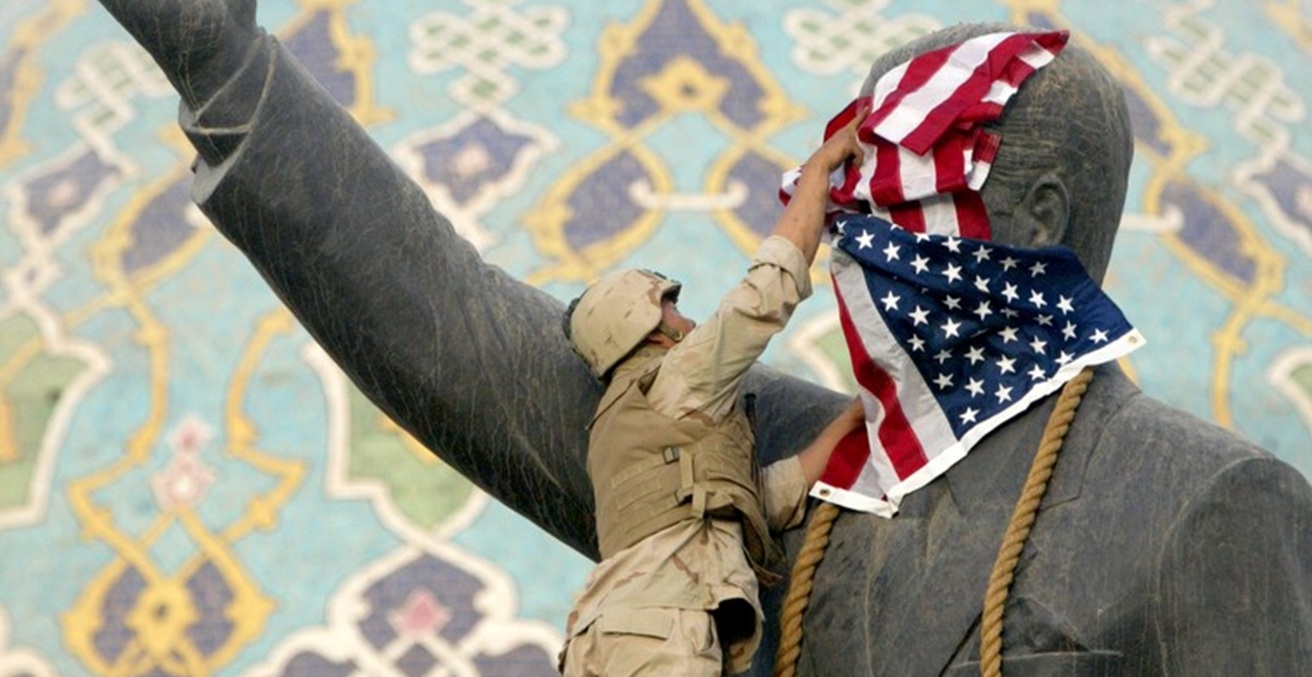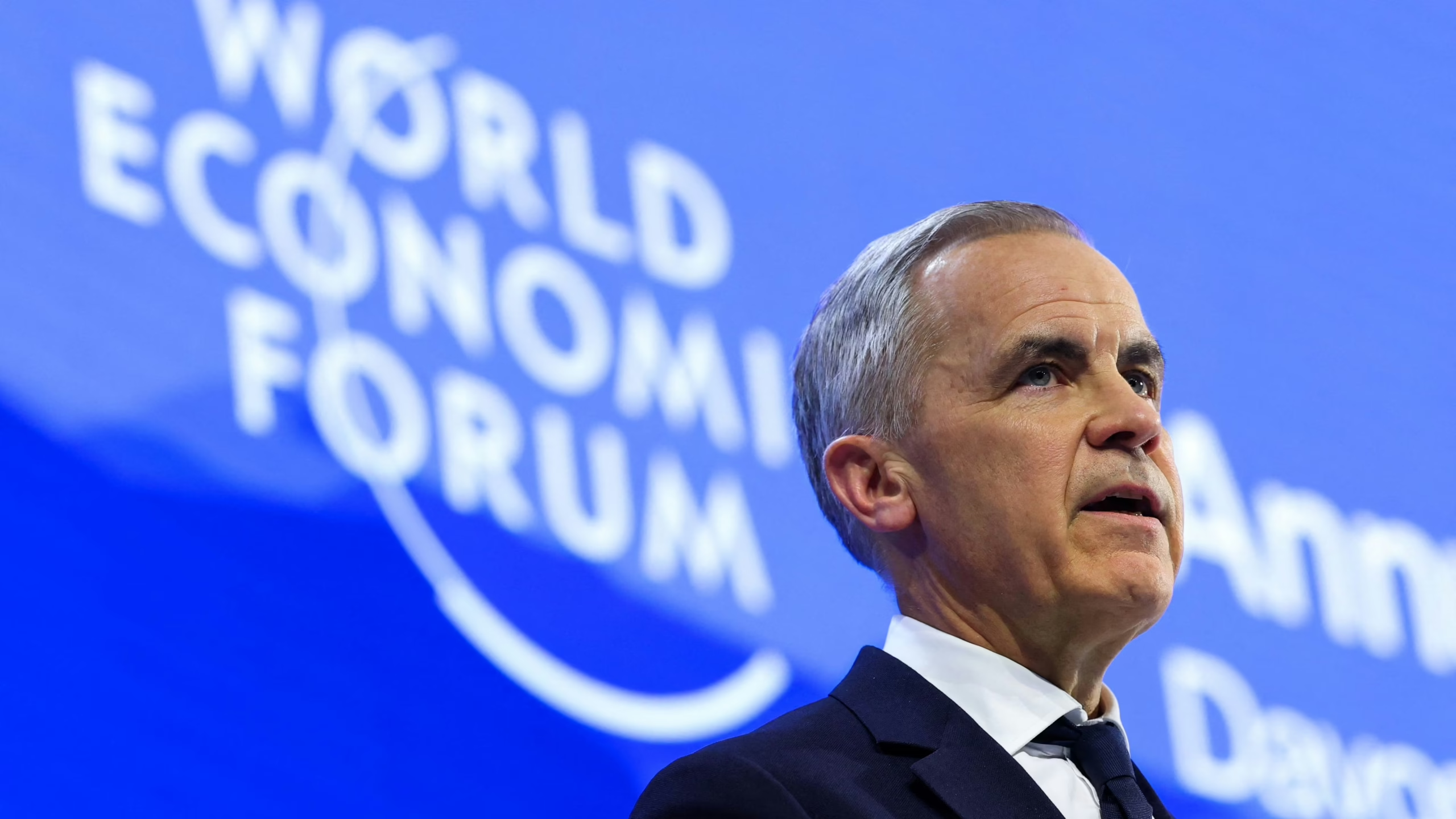Once defined by its missionary zeal to “make the world safe for democracy,” US foreign policy has increasingly shifted away from messianic rhetoric. The rise and decline of America’s interventionist idealism is more evident now than ever, particularly under Donald Trump’s inward-facing “America First” doctrine.
After the end of the Cold War, and the subsequent “unipolar moment” in the 1990s, American foreign policy significantly focused on the promotion of democracy and human rights globally. Equipped with the “democratic peace” thesis (which argued that no two democracies go to war) and “American exceptionalism” (which premised that America has a unique role in the world), US foreign policy focused on a Wilsonian vision of creating a world “safe for democracy.” During the period between 1991 and 2020, the US attempted over 188 military interventions globally, whereas between 1948 and 1991, it had only intervened in about 46 conflicts. Subsequent US administrations since the 1990s have intervened in Somalia, Namibia, Congo, Iraq, Afghanistan, Libya, Syria, to name just a few.
Scholars and policy practitioners have since referred to America as either a “global hegemon” or an “empire.” As an empire, some scholars argue, America has sought to shape the world in its image. And depending on whether you ask a realist or a liberal, American hegemony scholars tend to think of the US as a “global policeman”: a power-seeking, profit-maximising hegemon or a democracy promoting, rules-based order-maintaining hegemon. Both these conceptions tend to provide analytical explanations for US foreign policy behaviour.
However, these explanations are insufficient to understand what ideological and rhetorical content spearheaded the American interventionist mindset. In other words, what did US foreign policy makers articulate, in both speeches and writings, about their intentions in undertaking interventionist policies?
America as a Messianic state
Between 1991 and 2021, America had emerged as a messianic state—a nation-state that assumes a global responsibility to save other societies from an impending threat. These states constitute three interrelated features: first, they assume their relative superiority as opposed to others; second, they sustain an altruistic vision for the world; and third, they tend to use the rhetoric of benevolence to justify their actions. For a time, for European colonial powers, it was the “white man’s burden” to uplift societies from the savagery and barbarism of native societies. At the end of the Second World War, the Soviet Union, as leader of the communist bloc, similarly used state-led propaganda to propagate global Marxist-Leninist proletarian revolution. Building on the rhetoric that capitalist state systems were exploitative, the Soviet Union pushed forth Communist International as a form of classless and stateless society. And for the United States, it was the democratic decline and the subsequent rise of autocratic governments worldwide.
With the disintegration of the Soviet Union in 1991, the United States became the sole superpower with the power to wage wars and stop them anywhere in the world. Subsequently, scholars began articulating America as “the last hope on earth,” “the leader of the free world,” and “an empire of liberty.” These articulations suggested that America played a unique role in the world and that it is an exception. Although the roots of exceptionalism go back to the founding moment (for instance, Thomas Jefferson remarked upon America as an “Empire of Liberty”), American exceptionalism began to animate political discourse more clearly after the end of the Cold War.
Equipped now with the notions of exceptionalism, American leadership began envisioning “democracy promotion” as their altruistic vision for the world. Francis Fukuyama had, by then, in 1989, declared “The End of History” with “the universalisation of liberal democracy as the final form of human Government.” Fukuyama’s thesis—and the subsequent formulations of democratic peace—enabled US foreign policy practitioners to adopt democracy promotion worldwide.
Between 1991 and 2021, various American administrations meticulously adopted the discursive practices of benevolence. Every US administration since President George H. W. Bush in the 1990s spoke of how “with the help of America, all [countries] are on the road to peace,” and how “the impoverished, the oppressed, the weak have looked to the United States to be strong, to be capable and to care.” And “perhaps more than anything else,” how “they have depended on the [United States] to lead.”
Let me illustrate this with an example. In the wake of the Global War on Terror (GWOT), which began in the aftermath of the 11 September terror attacks, President George W. Bush said: “Our mission is clear, to disarm Iraq of weapons of mass destruction, to end Saddam Hussein’s support for terrorism, and to free the Iraqi people.” Subsequently, the administration’s National Security Strategy document declared that Afghans and Iraqis have “replaced tyrannies with democracies.” In most instances of American intervention, the narrative of benevolence animated the public discourse.
The notion of American exceptionalism and its vision for making the world safe for democracy, now equipped with the rhetoric of benevolence that informed its interventions practice—as saving societies from their decline—in the name of democracy promotion.
Donald Trump and the decline of American Messianism
However, American messianism has been in decline since the inauguration of the first Donald Trump Presidency in 2017. Trump has been an outlier in US political orthodoxy. He is a businessman-turned-politician, and notably a self-professed “deal maker.” Unlike his predecessors, Trump spoke of “America first,” of how the US had been victimised in the world, and of how America should step back from its role in the world and look inwards. This rhetoric of “inwardness,” first evidenced in the “Make America Great Again” (MAGA) rallies, has come to dominate US foreign policy since 2017.
After the brief hiatus forced by Joe Biden’s presidential election victory in 2020, Trump is once again back in office—and this time, with a renewed passion for “America first.” And his policies have already rocked the world. With “reciprocal tariffs” imposed (often non-reciprocally) on friends and foes alike, Trump has signalled that his America does not harbour any altruistic visions of making the world safe for democracy or keeping a check on rising autocratic regimes globally. Instead, Trump’s administration has signalled (at least rhetorically) that it means business, and whichever way and at whatever cost it comes, America is ready to make deals.
There are instances when, in the name of democracy, America propped up military rulers and dictators in Latin America and Africa. And messianism, as a rhetorical tool, sometimes acts as a façade to hide actual intentions. However, messianic rhetoric continues to wane in Trump’s America. Trump is clear about his intentions and matches it with the rhetoric of “intimidation.” You either do it my way or the highway. Recall, for instance, how Trump intimidated Volodymyr Zelensky at the Oval Office to agree on a peace deal with Russia, without any security guarantees for Ukraine.
Adarsh Badri is a PhD candidate at the School of Political Science and International Studies (POLSIS), University of Queensland, Australia. His doctoral research examines the role emotions play in the formation of a postcolonial nation-state. Adarsh has published in International Affairs, New Media & Society, Australian Journal of International Affairs, Strategic Analysis, Lowy Institute, Economic & Political Weekly and others.
This article is published under a Creative Commons License and may be republished with attribution.





